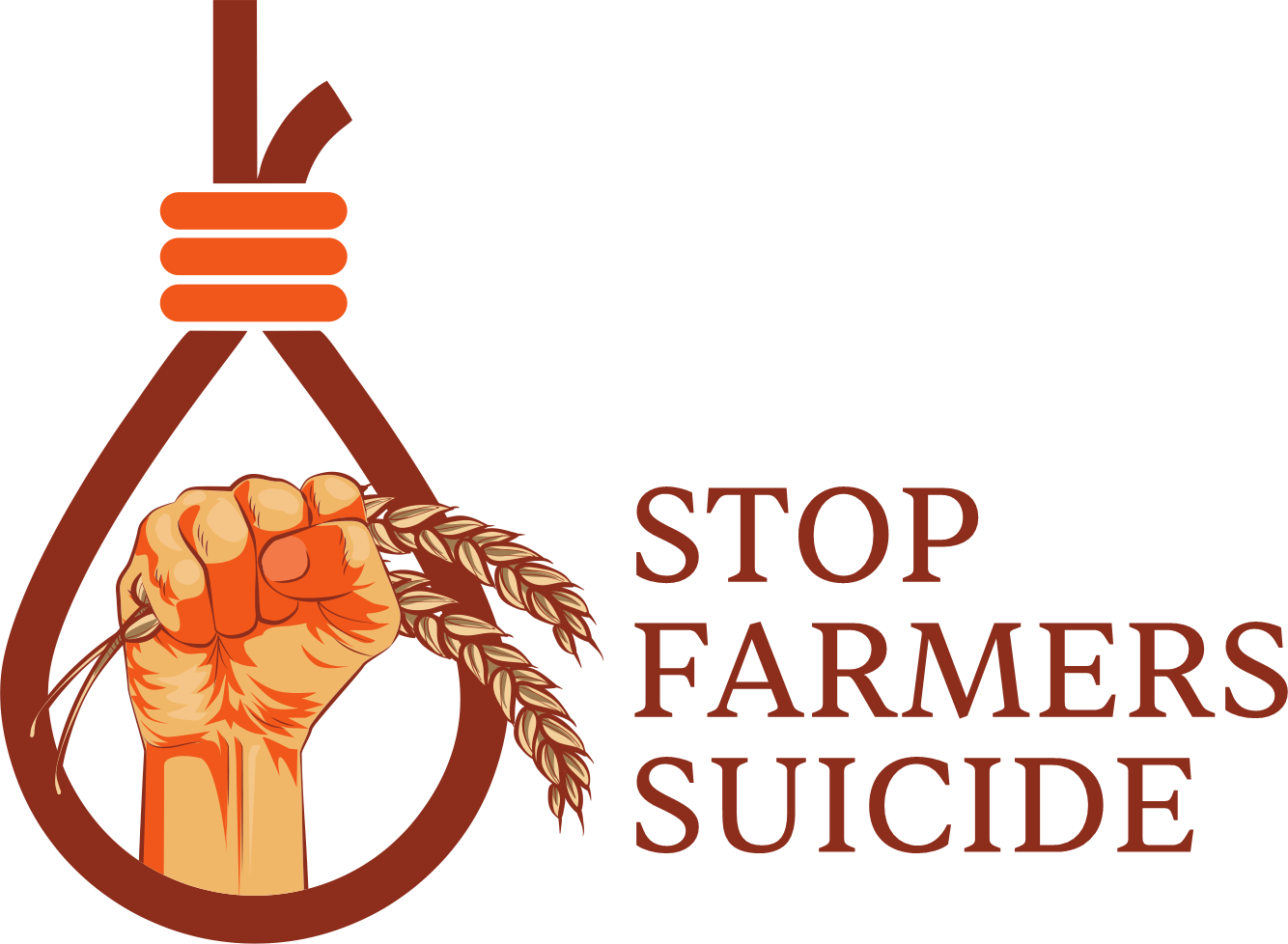- Home
- FAQ’S
FAQ’S
- The main causes of farmer suicides include economic distress due to poor crop yields, debt, low prices for agricultural produce, lack of adequate support from the government, unpredictable weather conditions, and the burden of high-interest loans. Other contributing factors include family pressure, health problems, and societal neglect.
- Debt relief programs can help alleviate the financial pressure on farmers. By providing loan waivers, reducing interest rates, and ensuring accessible credit, these programs can reduce the financial burden that drives many farmers to despair. These measures also give farmers a chance to restart their livelihoods without the overwhelming fear of debt recovery.
- The government plays a critical role in implementing policies that provide financial support to farmers, access to affordable credit, agricultural insurance, better crop prices, and social security. It is also responsible for creating infrastructure for better irrigation, promoting sustainable farming practices, and ensuring the timely distribution of subsidies.
- Agricultural insurance schemes, like the Pradhan Mantri Fasal Bima Yojana, can protect farmers against crop losses due to natural disasters, pest attacks, and other unforeseen events. Insurance can act as a safety net, ensuring that farmers don’t fall into debt or face economic ruin when their crops fail.
- Farmers often face mental health challenges due to financial stress, crop failures, and isolation. Programs providing mental health support, counseling services, and community outreach can help address the stigma around mental health and provide farmers with the emotional and psychological support they need.
- Technology can help by providing better weather forecasting, access to markets, and modern farming techniques. Mobile apps that provide information on crop prices, disease control, weather updates, and expert advice can empower farmers to make informed decisions and reduce the uncertainty that often leads to stress.
- Many farmer suicides in India are linked to droughts and water scarcity. Ensuring access to reliable irrigation systems, including rainwater harvesting, micro-irrigation techniques, and efficient water management, can mitigate crop failures caused by irregular rainfall and help farmers maintain stable incomes.
- Education can empower farmers by providing them with the knowledge needed to adopt modern farming practices, diversify crops, and manage finances better. Agricultural extension services that offer training and capacity-building for farmers are essential to improve their livelihoods and reduce the risks that lead to stress and despair.
- Challenges include inadequate implementation of existing policies, lack of timely disbursement of financial support, corruption in the system, and the lack of awareness among farmers about available support schemes. Ensuring efficient policy implementation, greater transparency, and direct communication with farmers is key to overcoming these challenges.
- Several grassroots initiatives, such as farmers’ cooperative societies, community-led irrigation systems, and farmer support groups, have proven successful. Organizations like the Maharashtra Farmers’ Welfare Foundationand Navdanya have worked towards improving farmers’ livelihoods through education, organic farming, and collective action. These initiatives focus on sustainable farming, improving crop diversity, and reducing dependency on debt, all of which contribute to lower suicide rates among farmers.
Results in
few seconds
few seconds
Your story starts from here
Ready to raise funds for Stop Farmers Suicide?

